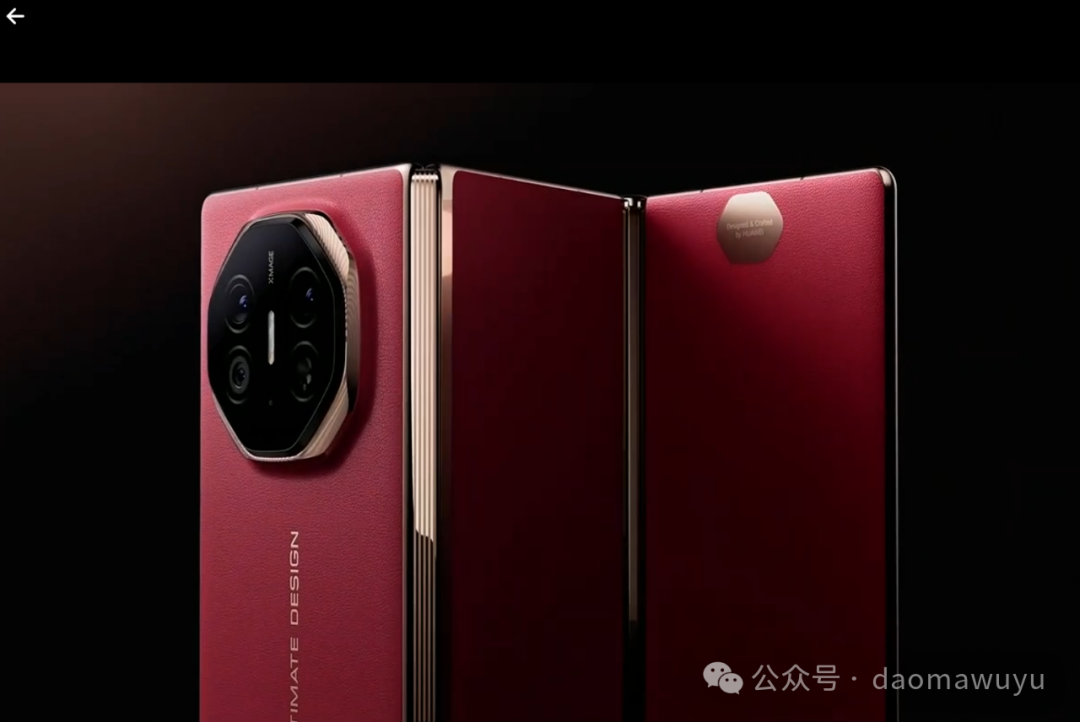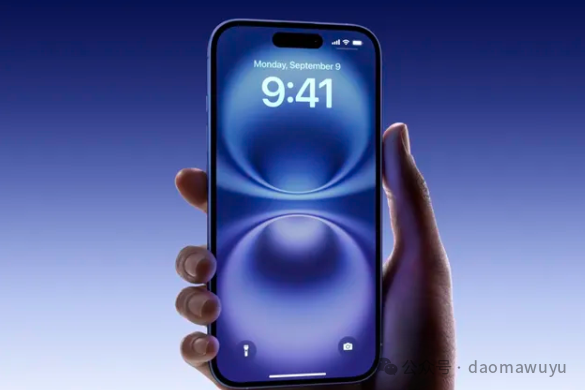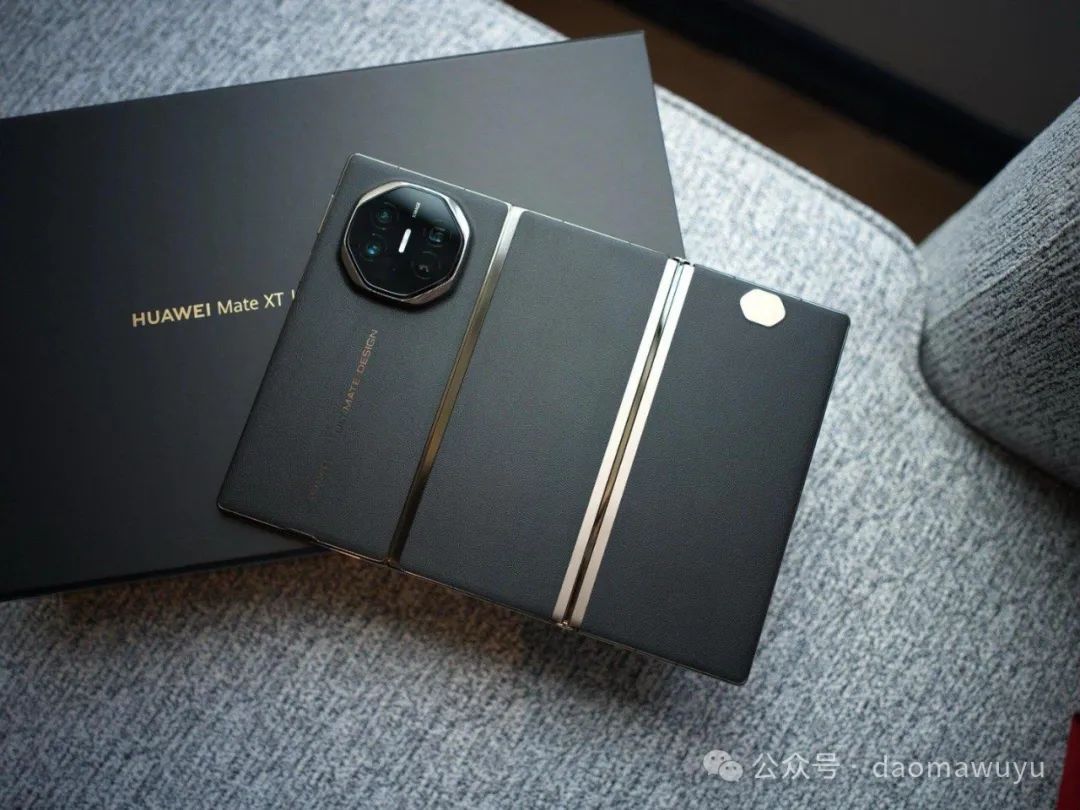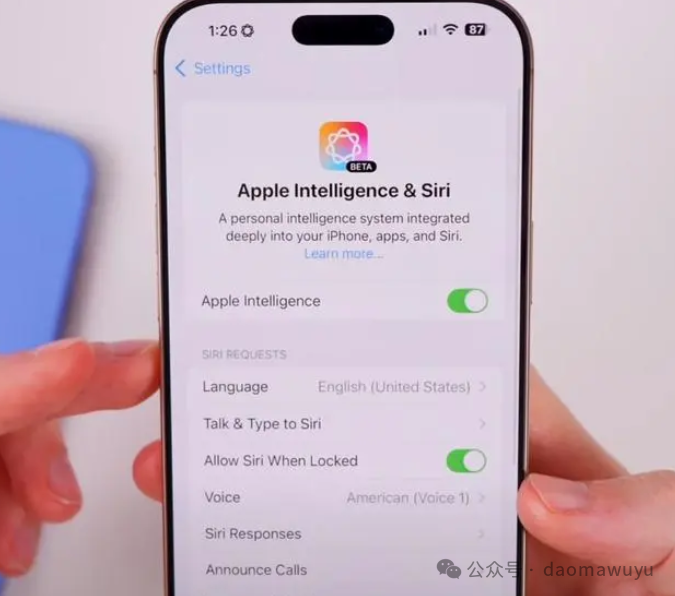Can Apple's Foldable iPhone Become a "Savior" of the Market
![]() 12/05 2024
12/05 2024
![]() 468
468

There have been persistent rumors in the market that Apple will launch a foldable iPhone, which is expected to revolutionize the mobile phone market, particularly having a significant impact on the foldable display segment. These rumors about Apple releasing a foldable iPhone have been circulating for a long time, with initial speculations even hinting at LG being the supplier of the foldable screens. However, none of these rumors have materialized. So, will Apple really launch a foldable phone?
Our observation suggests that the likelihood of such a launch in the near future is slim. There are several reasons behind this. Firstly, Apple typically enters a market only after it has matured. Despite several generations of foldable phones from companies like Huawei and Samsung, as well as Chinese phone manufacturers participating for years, Apple has remained hesitant, indicating that it does not have genuine intentions to venture into the foldable market.

Secondly, it is reported that Apple has never been satisfied with the folding technology, particularly the "hinge" mechanism, deeming it imperfect and not meeting Apple's technical and aesthetic standards. Apple is also concerned that if the technology is not sufficiently impressive, it may face backlash from users and unfavorable comparisons, leading them to avoid entering the market.
Thirdly, Apple's traditional slab phones are already selling well, so why introduce a product that would compete with its existing offerings? The significance of launching a foldable phone is minimal, and Apple is not optimistic about the market penetration and adoption rate of foldable phones. Although the market share of foldable phones has increased in recent years, it is still insignificant compared to the shipment volume and coverage of slab phones, making it almost negligible. Therefore, Apple has no reason to enter this competitive market and should focus on improving its slab phones.

Both Huawei and Samsung have consistently promoted and developed foldable phones in recent years, achieving a certain level of influence within a specific market segment, albeit at a premium price. However, neither company has been able to achieve widespread adoption or significant market share compared to slab phones. Foldable phones can only be considered a supplementary offering. The technical challenges and material usage are significantly different, demanding high technical standards and high user expectations. Huawei's triple-folding phone is impressive, but what about its actual shipment volume and market penetration?
As we all know, Apple is a company that highly values profit margins, shipment volumes, and market sales. It is eager for outstanding performance and invests heavily only in projects with the potential for significant returns. The abrupt halt of its automotive business was also based on such considerations. Regarding foldable phones, despite persistent market rumors and speculations about when Apple might launch one, our observation suggests that the likelihood is low. Apple's development focus remains on expanding the capabilities of its slab phones.

Moreover, one of Apple's future focuses might be enhancing the capabilities of Apple Intelligence. The capital market believes that Apple Intelligence can drive significant upgrade cycles. Since Apple's AI functions will run on chips on the phone side rather than investing billions in cloud-based AI systems powered by NVIDIA chips like other major competitors, running AI on Apple phones will require hardware upgrades.
However, some believe that the demand for AI will not immediately lead to a significant sales opportunity for Apple. Previously, Gurman wrote that some Apple employees felt the company was about two years behind in AI development. Apple's internal research shows that ChatGPT is about 25% more accurate than Siri and can answer more questions. He also stated, "Some Apple employees believe that the company's generative AI technology is at least two years behind industry leaders so far." A media survey also found that one-quarter of consumers believe that AI features on phones are not helpful at all. The primary motivation for US adult smartphone users to upgrade their devices is longer battery life (61%), followed by more storage space (46%) and better camera functionality (38%). Only 18% cited AI integration as their primary motivation.
Well-known analyst Ming-Chi Kuo also predicted a reduction of about 10 million iPhone 16 orders from the fourth quarter of 2024 to the first half of 2025. While some market participants are optimistic that Apple Intelligence will significantly boost iPhone shipments in the short term, the likelihood of this happening is low. He also suggested that significant growth in iPhone shipments might require more hardware innovations. This is considered one of the reasons why a foldable iPhone might be launched in the future, but such expectations remain distant. Notably, a recent report by DSCC revealed severe challenges facing the foldable smartphone market. After years of rapid growth, the market experienced its first year-on-year decline in 2023, with projections indicating a continuation of this downtrend in 2025. Given the uncertainty in the market and Apple's usual approach, it is unlikely to enter this space lightly.
Click 'Read the Original Article' to grow together.







